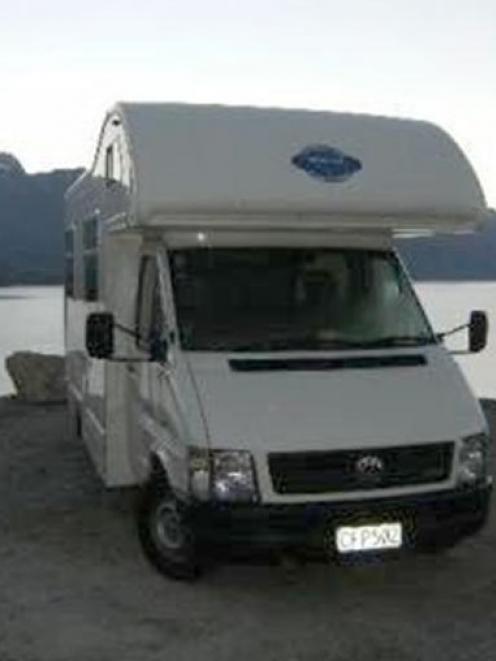
Freedom camping is popular, but causing headaches for councils throughout the country.
QLDC's regulatory manager Lee Webster said there were many places where visitors could spend the night in certified self-contained vehicles that have their own toilet and water supply on board.
But problems arose when they camped overnight in vehicles without their own facilities, or when those in self-contained vehicles stayed in places where freedom camping was not allowed, such as town centres and lakefront reserves, Mr Webster said.
Early morning patrols by the council were still netting an average of 30 unlawful campers weekly, with half of them leaving without paying the $200 fine, and the council had no way of recovering the money, he said.
Some rental companies were unwilling to charge their clients' credit cards for the unpaid fines, leaving ratepayers out of pocket by $300,000 every year, he said.
The Government recognised that this was a national issue, identified in its Rules Reduction Taskforce earlier this year.
If found to be parked in the wrong place, campers in the Queenstown district would have to pay an up-front fee of $200 to have the clamp removed, as well as the $200 fine for breaching the Freedom Camping Bylaw, Mr Webster said.
Prominent signs warning of clamping would be put up in the most common problem areas within days, and enforcement would start before Christmas.
Mr Webster said ideally, all visitors would camp in the right places and none would have their vehicles clamped or ticketed.
"We will be employing community guides over Christmas and New Year. Part of their job will be to go around in the evening and have a chat to people parked up in places where freedom camping is not allowed, and suggest alternative places they can stay."
By moving to stronger enforcement of bylaw, the council was keeping faith with the community, who have had to deal with the litter and human waste left in laybys, reserves and other unofficial camping spots, he said.











